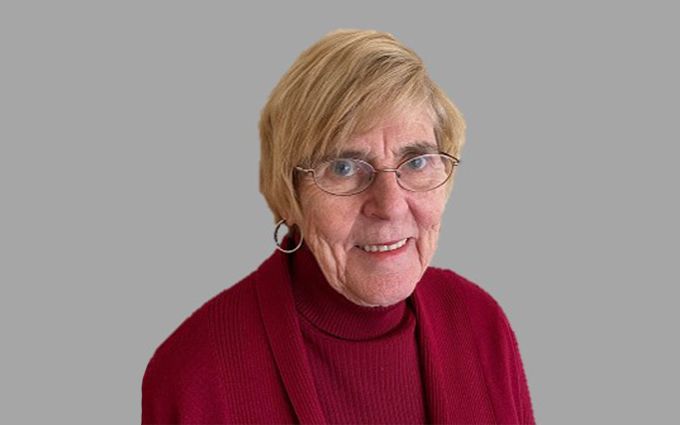05/24/2021

Paradigm brings deep expertise to the area of psychosocial care for catastrophic injuries. Our long-standing whole-person, whole-family approach is essential to the Paradigm Outcome Plan. Each of our clinical specialists plays a critical part in ensuring delivery of effective care in their area of focus. Psychological and neuropsychological evaluations are a critical component in identifying major barriers for treatment. This is especially true for individuals recovering from acquired brain injury (ABI), who encounter some of the steepest mental health challenges.
To meet this need, Paradigm is privileged to work with Dr. Mary Hibbard, one of the leading clinical neuro rehabilitation psychologists in this specialty. Dr. Hibbard has had a prestigious career that includes training staff, psychology interns, and postdoctoral fellows at two leading medical institutions — NYU Langone Medical Center and Mount Sinai Medical Center. At Paradigm, she is leveraging her decades of expertise to evaluate catastrophically injured workers with ABI. As a Paradigm Clinical Specialist, Dr. Hibbard recently shared insights on her background and how she has witnessed, firsthand, the growing importance of psychosocial and neuropsychological care in the treatment of serious brain injuries.
From Nursing to Psychology
Dr. Hibbard’s roots as a psychologist began in the field of nursing, where she provided care to patients in a neurology unit at NYU. After becoming the head nurse, she began to identify critical areas of care lacking for neurological and neurosurgical patients. “I found myself aware that patients were not being informed of their diagnosis and treatment. I saw a significant opportunity to train staff and provide educational guidance to the patients.” According to Dr. Hibbard, the idea of a staff psychologist or behavioral health specialist on a neurology unit was a new concept: “After 10 years as a nurse, it became clearer to me that psychology was my calling, and that it was the part of my job that I liked the best.” Dr. Hibbard then pursued a dual master’s degree from Columbia University and subsequently, doctoral work in psychology from NYU, which ultimately led her to clinical research.
Bridging clinical research and holistic care
In 2003, Dr. Hibbard was recruited, along with a large team, to relocate to Mount Sinai Medical Center to expand Mount Sinai’s rehabilitation services. During this time, she learned how to provide guidance to patients in developing compensatory skills that would help them cope with difficult medical conditions ranging from cancer to stroke. “This also involved active research on different areas of brain injury, including comparative studies of men and women undergoing stroke, and how children respond to drugs,” she explained.
Cognitive and psychosocial evaluations drive positive outcomes
Dr. Hibbard continued, “After another stint at NYU heading up the rehabilitation psychology department, I transitioned into private practice, where I began to focus more on patients who had some sort of calamitous medical injury. To achieve progress in these difficult cases, patients need attention from both a neurological and personality perspective.”
“I think the role of the psychologist is very important for these types of injuries because this background is especially equipped to help patients process it on an emotional level.” Dr. Hibbard also stressed the commitment needed to treat catastrophic ABI. “These people need someone who can be there on a long-term basis and can deliver diagnostically relevant counseling to the person, whether it’s emotional, cognitive, or retraining support.”
She recalled one patient who was hit by a car crossing the street who she has been helping for more than 15 years. “I still see him. He’s overcome a lot, but recently told me he is doing the best he has in years, and that’s extremely rewarding to hear.”
Working with Paradigm and the importance of whole-person and whole-family care
Dr. Hibbard continued, “Eventually, I found myself here at Paradigm, thanks to Senior Director of Clinical Services, Dr. Deborah Benson. She reached out to me and asked if I would be willing to help the staff coordinate rehab and act as a third voice along with the nurses and physicians. At Paradigm, I can see an organization that values the whole-person and family approach to care.
“Workers’ compensation behavioral health requires a holistic approach, from exploring basic facts of a patient’s life to establishing a baseline of abilities and functioning pre-injury. It’s not only the physical and the medical, because in these cases, patients have often lost a very big part of themselves. That loss needs to be taken seriously, and treated, not just for the patient, but for their family.”
Learn more about Paradigm’s commitment to an outcome-focused and biopsychosocial approach when treating catastrophic injuries.